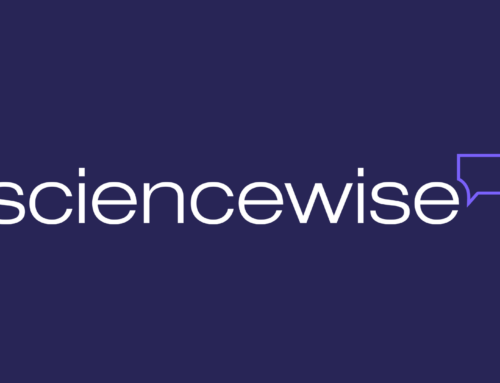Since 2006, the UKRI’s Sciencewise programme has supported over 60 public dialogues, working across over 20 government departments and research agencies, and 1,000s of members of the public.
Our aim is to place diverse public voices at the heart of UK research, delivering better research, better policy and a better future.
So, have we delivered? What difference have we made to the UK policy and research ecosystem?
That is the subject of a lunch and learn online workshop for policy makers and researchers where we will share details on the impact that public dialogues can have, taking place on 25th January from 12-1pm (sign up here).
But, for now, we’ll give you a sneak preview…
In general, what impact do Sciencewise’s public dialogues have?
After collating information on the impact the programme has had, we consistently identified the following themes on the impact using Sciencewise’s public dialogues can have:
- Giving confidence to decision-makers to act and pursue a way forward.
- Challenging society’s embedded assumptions, allowing policymakers to access a fresh, fairer perspectives and insights.
- Ensuring closer policy alignment with what the public wants and needs.
- Reaching beyond other public engagement methods (e.g. polling, focus groups etc) and identifying the values that underpin people’s opinions, and the reasons why people believe and feel what they do.
Some specific examples?
- Informing national strategy: The National Genomics Healthcare Strategy drew from the Genomic Medicine dialogue calling it “an important foundation [which] will continue to inform policy making here and around the world”
- Informing upstream policy development and research priorities: The synthetic biology public dialogue helped shape BBSRCs approach to research funding calls. The dialogue for DfT and MoD surfaced public views on the use of drones and helped design their consultation on the safe use of drones in the UK.
- Helping develop legislation and regulation: The dialogue on mitochondrial disease led the HFEA to say it had proven to be a “direct route for public dialogue to feed into decisions of Parliament”.
- Developing guidance and advice to government: The online targeting dialogue commissioned shaped the CDEI advisory report to government and in turn shaped the Online Safety Bill.
- Engaging the public on sensitive and controversial research areas: The dialogue on openness in animal research, shaped the sectoral Concordat on openness that underpins commitments to greater transparency in the sector.
It’s important to note, all these public dialogues, and the others cited in the report, have had impact because the commissioners have seriously engaged and listened to what the public say and built that into their decision-making, strategies and plans. Public dialogues only have an impact if the groundwork and commitment to them is prepared.
Find out more!
A series of reports due out later this month condenses what we have heard from the public across our core themes. So watch this space…
In the meantime, sign up for our lunch and learn online workshop on 25th January at 12:00.
Photo by Richard Bell on Unsplash





